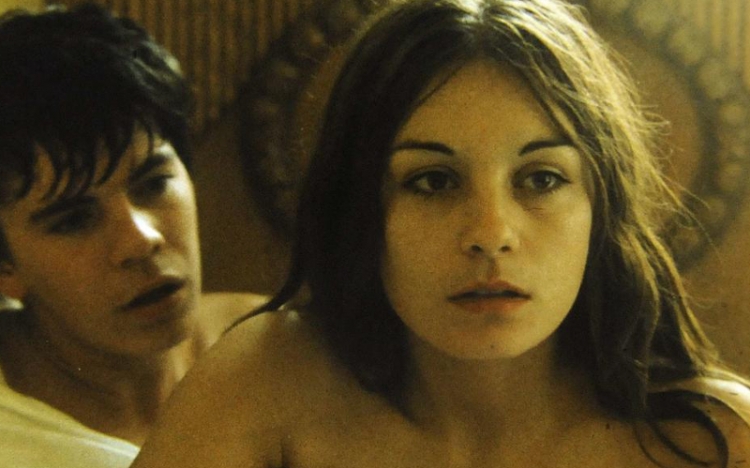
In this millennium only one small national Bosnian and Herzegovinian cinema has won an Oscar, a Golden Bear for best film, and two Silver Bears. With this cinema we share a common cultural memory, and classics like Do You Remember Dolly Bell? or A Little Bit of Soul have long been part of the common Yugoslavian popular culture.
Ademir Kenović’s debut film A Little Bit of Soul opened in 1991 the prestigious Director’s Fortnight program in Cannes. A melancholy cinematic tale of a poor rural Bosnian family and a 14-year-old boy forced to get married to fulfil his dying mother’s last wish, is most memorable by young Nihad’s statement: ‘Senada, a man is a serious beast. That little bit of soul he has was given to him by the devil to make it even harder.’ Ademir Kenović also directed iconic works like Kuduz and The Perfect Circle and produced film like Fuse, Border Post and Armin.
Emir Kusturica’s first film, Do You Remember Dolly Bell?, about a young petty criminal in the making who falls in love with a prostitute, marked the beginning of a very fruitful collaboration between Kusturica and writer Abdulah Sidran, reaching its peak in When Father Was Away on Business, Kusturica’s Cannes winning film in 1985. Do You Remember Dolly Bell? won the best film award at Venice Film Festival and was the Yugoslavian Oscar candidate in 1981.
Landscape with a Woman is the first and only film of the tragically departed Bosnian director Ivica Matić, which earned him a Golden Arena for directing at the Pula Film Festival 13 years after his death, after which it screened at countless festivals around the world and thrilled the critics. Many believe that this film essay about the conflict between an artist and society is the work that laid the foundations to the so-called Sarajevo school of filmmaking.
The Demolition Squad, the first film by Hajrudin Šiba Krvavac, known for his iconic partisan film Walter Defends Sarajevo, proves him the maker of the so-called ‘partisan western’. His debut film already laid the cornerstone to the body of work that will become a must see for every diligent devotee of partisan films.
Black Pearls, the first film by Toma Janić, a Belgrade native who made most of his work under the umbrella of Bosnian cinema, has not been publicly shown in Croatia for decades, although it was produced by Jadran film from Zagreb. And while some consider it irrelevant, other include it in their top ten best B&H films of all times.
A unique chance to see these important films on the big screen for Zagreb Film Festival’s audience. Screenings are scheduled at the Zagreb Dance Centre.
